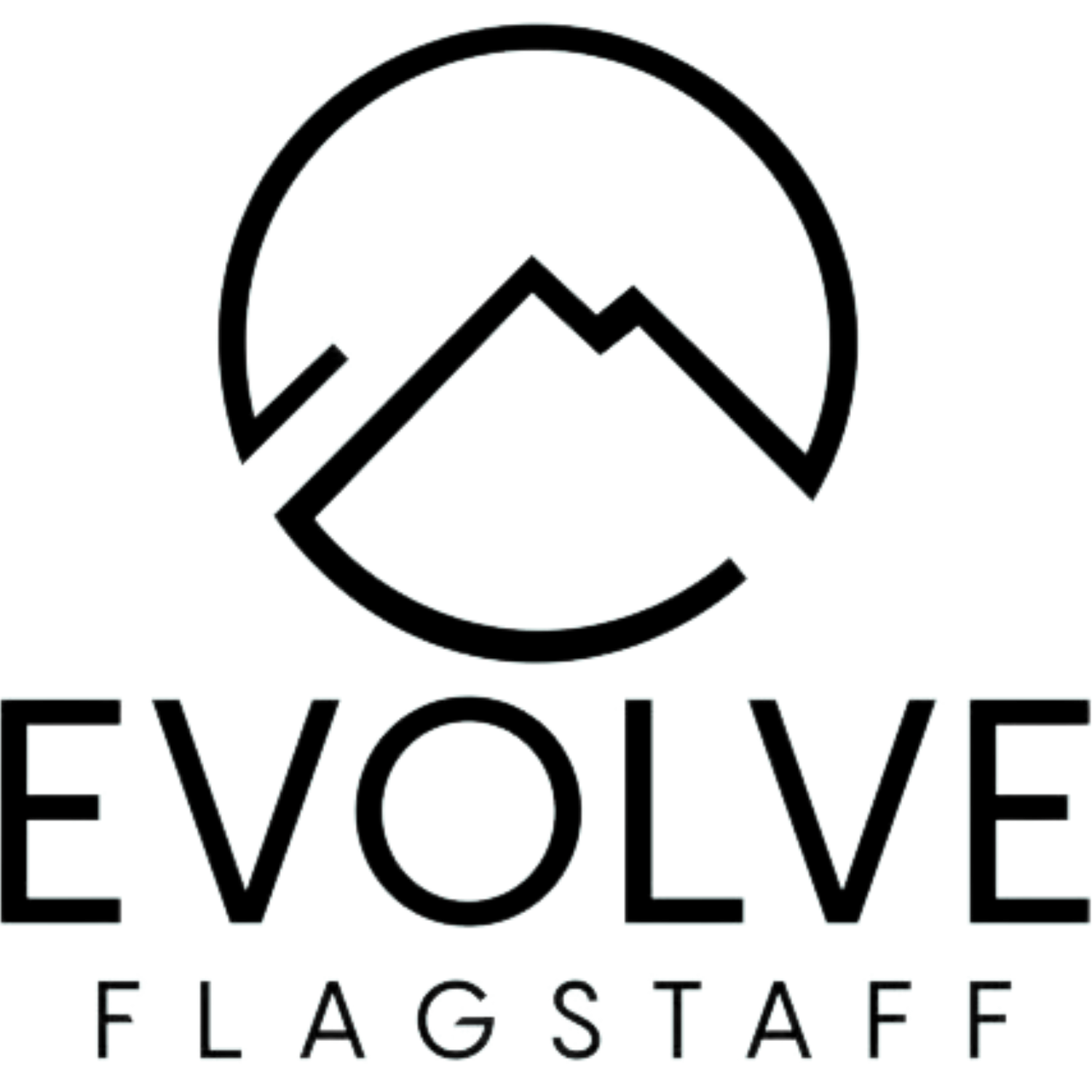Demystifying the pelvic floor: Join our pelvic floor workshop
This May, we’re thrilled to offer a two-part Pelvic Floor Workshop led by Diane Bridger, one of our experienced strength coaches and a mother of two. This workshop is for anyone looking to build a stronger connection with their body — whether you're postpartum, navigating pelvic floor symptoms, or simply want to improve pelvic floor function during strength training and daily activity.
Diane brings a unique perspective: after navigating multiple pelvic floor rehab programs during her postpartum recoveries, she found much of the information to be either overly simplistic or disconnected from real-world movement. Many of these programs were also expensive and marketed as if the knowledge they offered was highly specialized and exclusive.
That’s exactly why Diane created this workshop: to bridge the gap between everyday strength training and pelvic floor awareness, and to offer practical, movement-based tools that support strength, stability, and confidence.
We believe the workshop will be outstanding — full of useful techniques and insights that are too often hidden behind paywalls or otherwise inaccessible.
That said, it’s important to briefly address how this workshop relates to pelvic floor physical therapy.
At EVOLVE, we believe expertise matters. Social media has made quality information more accessible, but it’s also blurred the line between genuine expertise and confident guesswork. There are “hormone experts” with no training in endocrinology, nutrition coaches who’ve never studied basic science, and rehab influencers who couldn’t tell a stress fracture from a tendon strain. We don’t believe in gatekeeping helpful knowledge — but if someone is guiding you in matters of health, they should have the education, experience, and analytical skill to back it up.
I’m a Doctor of Physical Therapy licensed in Arizona, with more than 15 years of experience in strength and conditioning. But I’m not a pelvic floor specialist — and when someone presents with complex pelvic floor issues, I refer them to someone who is.
That said, I have zero hesitation about Diane leading this workshop. When she came to me with her ideas, I was immediately supportive. Here’s why:
1. The pelvic floor muscles are just muscles.
The pelvic floor is often shrouded in mystery, but it’s made up of muscles — just like any other area of the body. These muscles respond to breath, awareness, and intentional movement. Learning how to engage and relax them isn’t medical treatment — it’s part of knowing your own body.
2. Breath and movement integration is well within the scope of a strength coach.
Diane will be teaching breathing drills, core control, and fundamental strength movements like squats and hinging, all through the lens of pelvic floor function. This isn’t therapy; it’s education on how to move with more awareness and control.
3. We are not diagnosing or treating medical conditions.
This workshop is not a substitute for pelvic floor physical therapy. It’s an introduction to foundational concepts that should be common knowledge. You don’t need a diagnosis to start learning how your body works.
4. We’ll clearly outline when you should see a pelvic floor PT.
If you experience pain, discomfort, numbness, tingling, heaviness, bulging, or significant involuntary leakage — especially during or after the movements in this workshop — those are signs to consult a licensed pelvic floor physical therapist. We’ll make this clear during the sessions.
5. Pelvic floor PT is valuable — but not always accessible.
Formal rehab is essential in some cases, and we’re grateful for skilled specialists. But we also believe that everyone, especially women, deserves access to basic tools for pelvic health and injury prevention, without needing to spend hundreds or thousands of dollars.
This workshop is for anyone who wants to move better, lift smarter, and feel more at home in their body, whether you're postpartum, a seasoned athlete, or just curious. You don’t need to be injured or symptomatic to benefit.
Come ready to breathe, move, and learn.
We can’t wait to see you there!
Can’t make it? Stay tuned — we hope to release digital resources from this workshop in Summer 2025.
